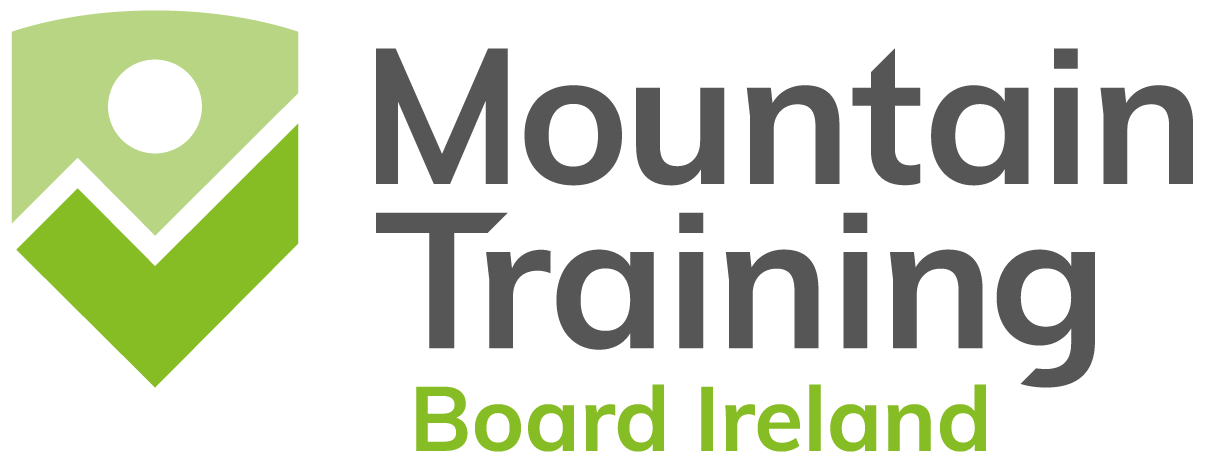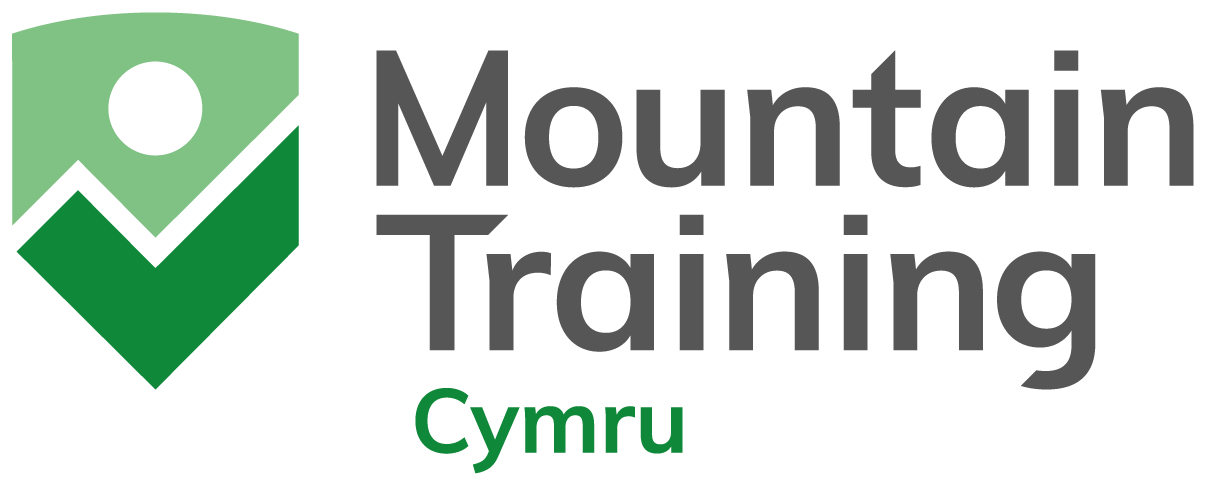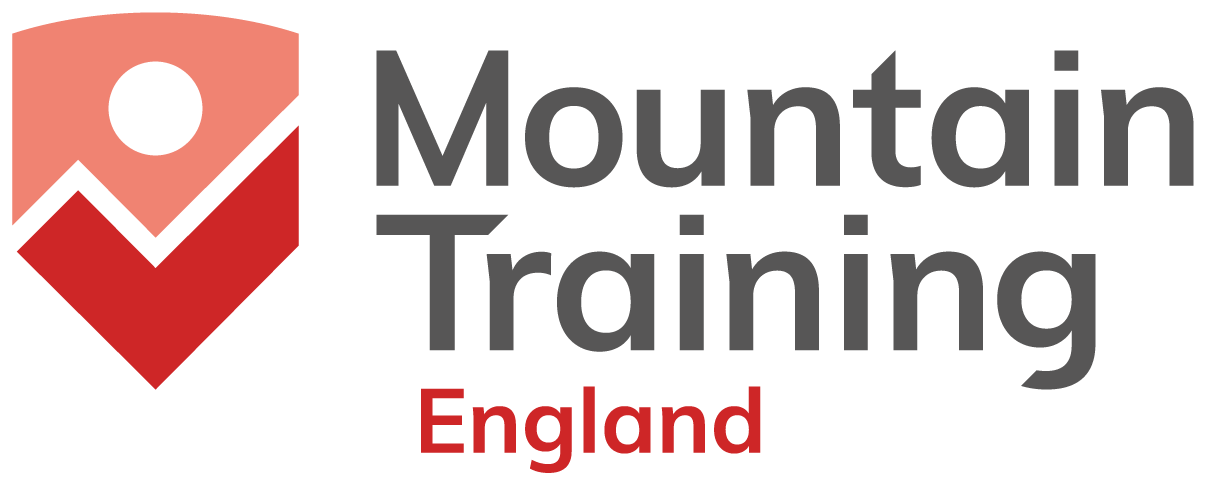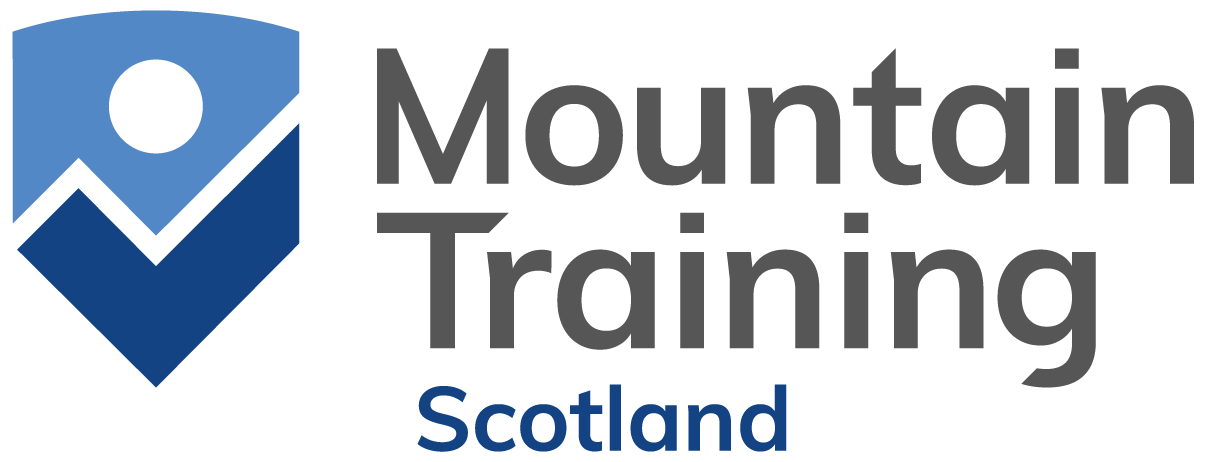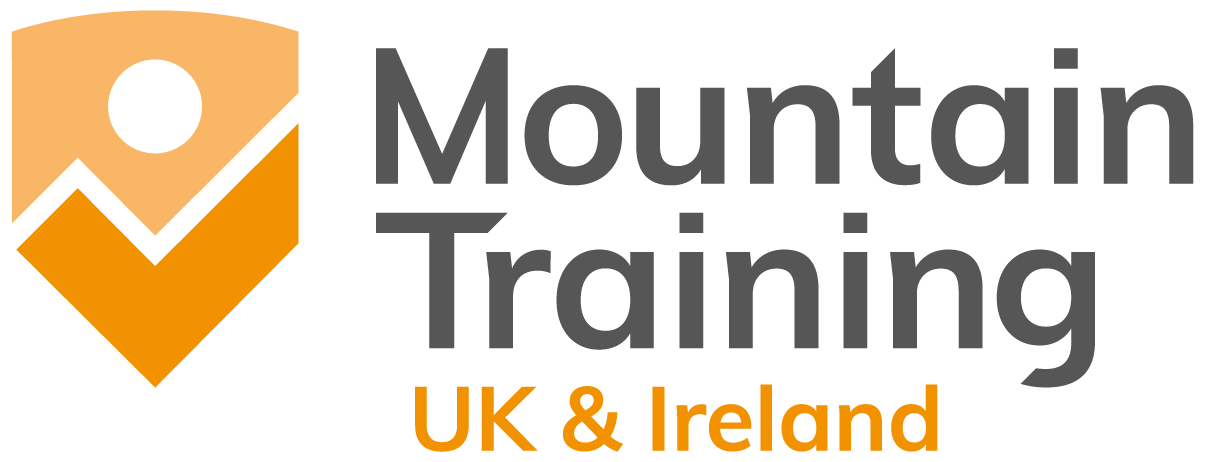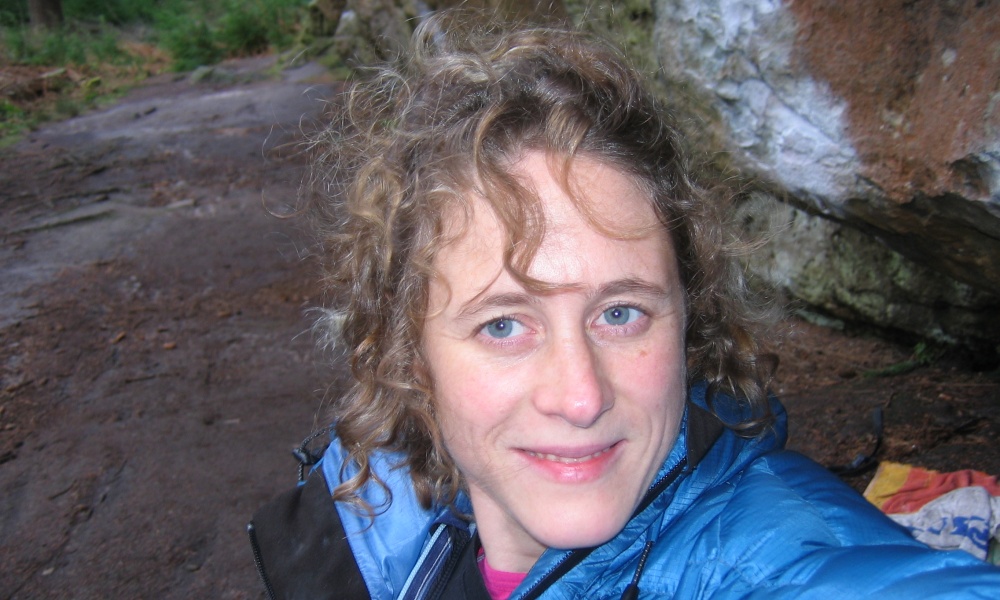
What do you do for work?
I am a self employed climbing coach based in Sheffield. I work in the Peak District and Sheffield climbing walls. People come to me directly either for coaching outside (trad, sport or bouldering), technique work indoors and training plans for their indoor or outdoor goals. I also run BMC FUNdamentals courses and the Mountain Training Foundation and Development Coach courses.
When did you first start climbing?
I started climbing when I went to university in Leeds. However I had one trip to Idwal Slabs when I was about 12 and thought I would take it up properly when I next got the chance. There were not many climbing walls in the West Midlands back then!
When did you start to think that climbing could be involved in your career?
When I got to 30 I had some kind of early mid life crisis and realised my sensible NHS project management job was no longer for me! I couldn’t work in an office any longer and I threw myself into the world of climbing. Opportunities and ideas started coming my way and I learned that I could carve a way for myself coaching climbing.
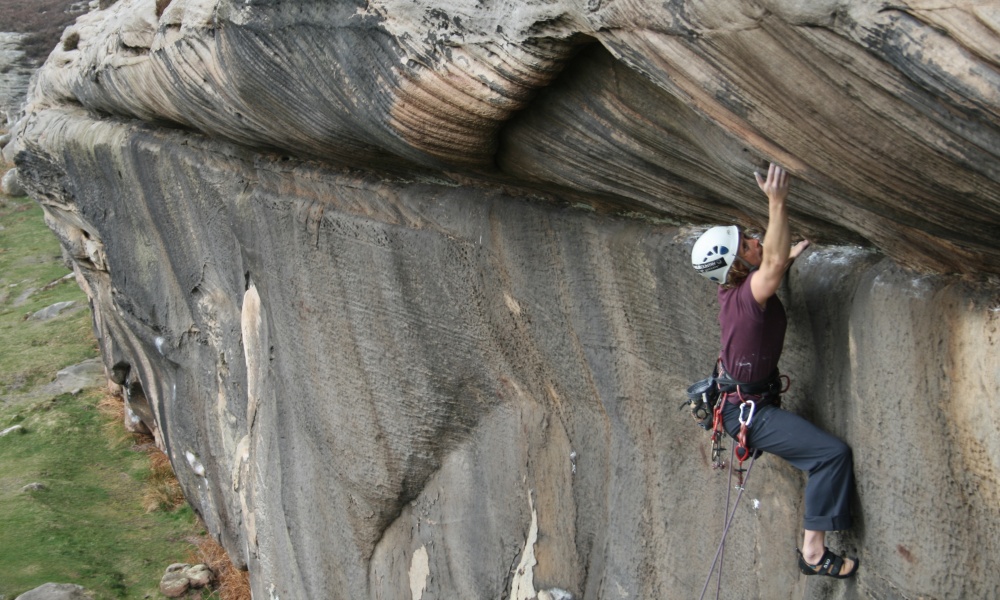
What pathway have you weaved through Mountain Training qualifications?
I did the Rock Climbing Instructor first, then Mountain Leader and Mountaineering and Climbing Instructor and more recently the Development Coach qualification. This route seemed the most obvious to me at the time. I thought for a long time about doing the Mountaineering and Climbing Instructor because the Mountain Leader felt like a barrier to me (because I hadn’t got a clue how to use a compass!). It was a lot of work, but I’m glad I did it and many doors have opened as a result.
What do you love most about working in the climbing industry?
I love being able to be myself, work outdoors, the variety, the people and flexibility.
What were the best and most challenging things about working through the Mountaineering and Climbing Instructor qualification?
Actually the Mountain Leader proved to be a highlight – I would never have visited so many beautiful places otherwise. I found the improvised rescue and scrambling elements of the Mountaineering and Climbing Instructor the most challenging. But directly putting time into the areas I found difficult, spending time scrambling with a lot of strangers and virtually commuting to North Wales for a while, meant I was in a good position for my assessment. It was a satisfying process. Read Katherine's article about becoming a Mountain Leader.
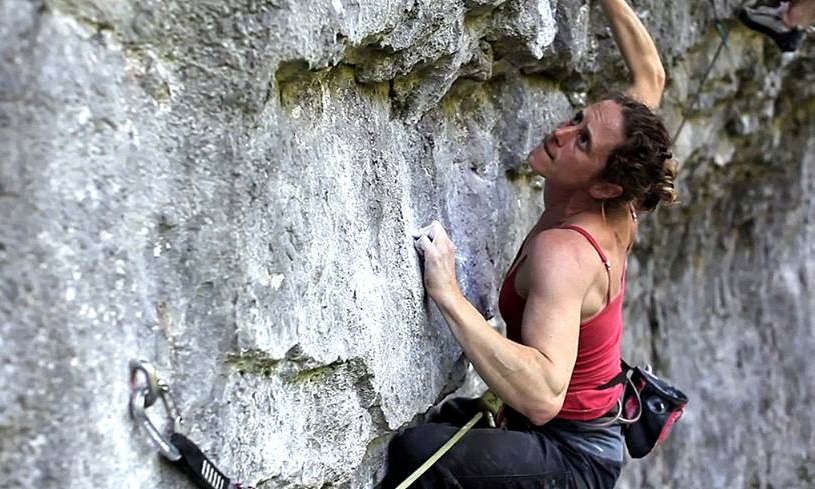
What advice would you give to anyone else thinking about becoming a Mountaineering and Climbing Instructor?
Dissect the syllabus, work out the parts you find difficult and address them, even if it means spending hours attached to trees in your garden or wandering around in the pitch dark not very far from your car. You won’t be able to ‘log’ any of this as ‘quality mountain days’, but this time is so worth it. Also, be prepared for everything you once knew to go out the window, but to fall back into place much more neatly in the end. One day on Cyrn Las, after some 15 years of trad climbing, I remember trying out some fancy new belaying trick, which didn’t work and spending desperate minutes seriously questioning how to make a basic belay. On the same day I strayed rather precariously onto the wrong route a couple of grades harder than what I was expecting because I also lost the ability to read a guidebook. I learnt that day, that everything going wrong was part of the process.
Who’s had the biggest impact on you as an instructor?
Louise Thomas – she encouraged me to do the Mountaineering and Climbing Instructor in the first place.
What are your climbing ambitions for the future?
After a number of years sport climbing I’d like to get back into trad climbing and bouldering again. From a work perspective I would like to make the many new and interesting courses and coaching ideas I have in my head into a reality!
